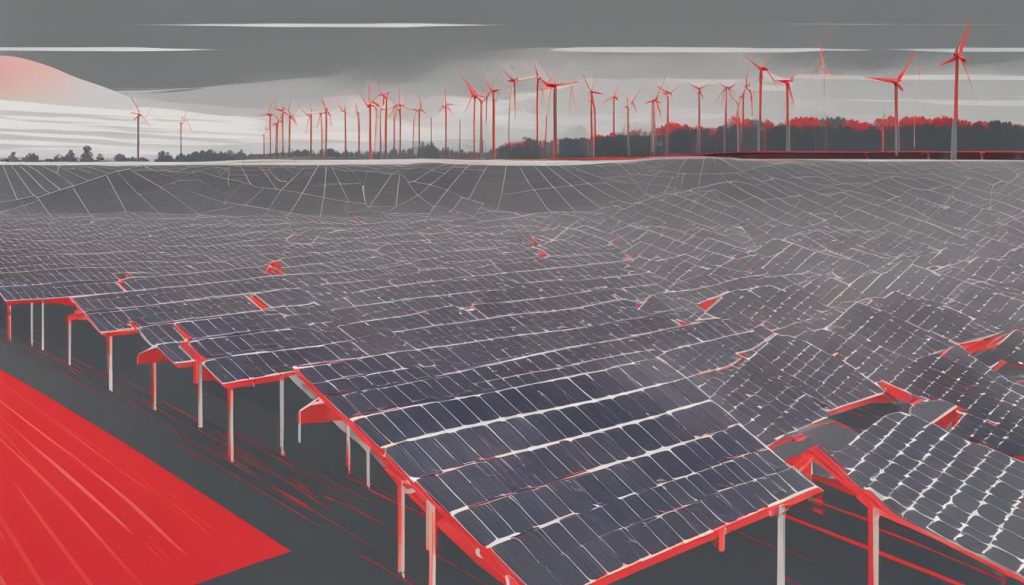Institutional investors from Sydney and Toronto invest $650 million in a North Carolina solar project, while the EU’s new Deforestation Regulation prompts companies to enhance transparency in their supply chains, with expectations of significant carbon emission reductions.
Global Investments in North Carolina Solar Project
Global institutional investors are increasingly directing funds towards renewable energy projects to meet the rising electricity demands driven by advancements in artificial intelligence (AI). Notably, pension funds from Sydney and Toronto have invested $650 million in Asheville-based Pine Gate Renewables, a utility solar business in North Carolina’s Blue Ridge Mountains. Pine Gate, which develops utility-scale solar projects, has over 30 gigawatts in development.
The heightened interest in utility-scale solar is partially attributed to AI, which is significantly impacting demand, according to Pine Gate CEO Ben Catt. Many larger technology companies, particularly those with growing data center needs and ambitious renewable energy targets, are seeking clean energy solutions.
Generate Capital, a San Francisco-based investment firm, contributed significantly to the funding, having previously raised $1.5 billion in January 2023. Generate’s co-founder Scott Jacobs highlighted that, beyond AI and data centers, the shift towards electrification in various sectors is also driving demand for renewable energy.
EU Deforestation Regulation Impact
The European Union’s new Deforestation Regulation (EUDR) will come into effect in December, mandating companies to verify their supply chains for certain products to ensure they do not contribute to forest destruction. This regulation also includes requirements for environmental and human rights protections. As a result, companies like Unilever will need to submit due diligence statements. The EU estimates that these new measures could reduce carbon emissions by at least 32 million tonnes annually.
Amsterdam-based Meridia, formerly known as Landmapp, is expanding its work to help companies comply with these new requirements. Meridia has provided land documentation to farmers in West Africa and is now gaining attention due to the regulation. Recent investments in Meridia include €5.2 million from Regeneration.VC and other venture capital firms, and backing from Atlanta-based Intercontinental Exchange (ICE).
ICE, which owns the New York Stock Exchange, has highlighted the potential impact of the new regulations on physical trade volumes for cocoa and coffee. Other major companies, such as Bunge, have also warned shareholders about the possible effects of the deforestation rules on their trade operations.
The EU deforestation rule is expected to make a significant impact on global supply chains, prompting companies to improve their traceability and due diligence processes.










